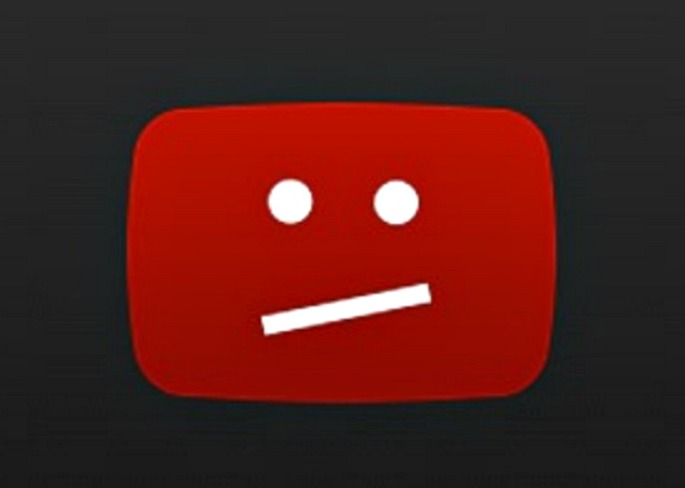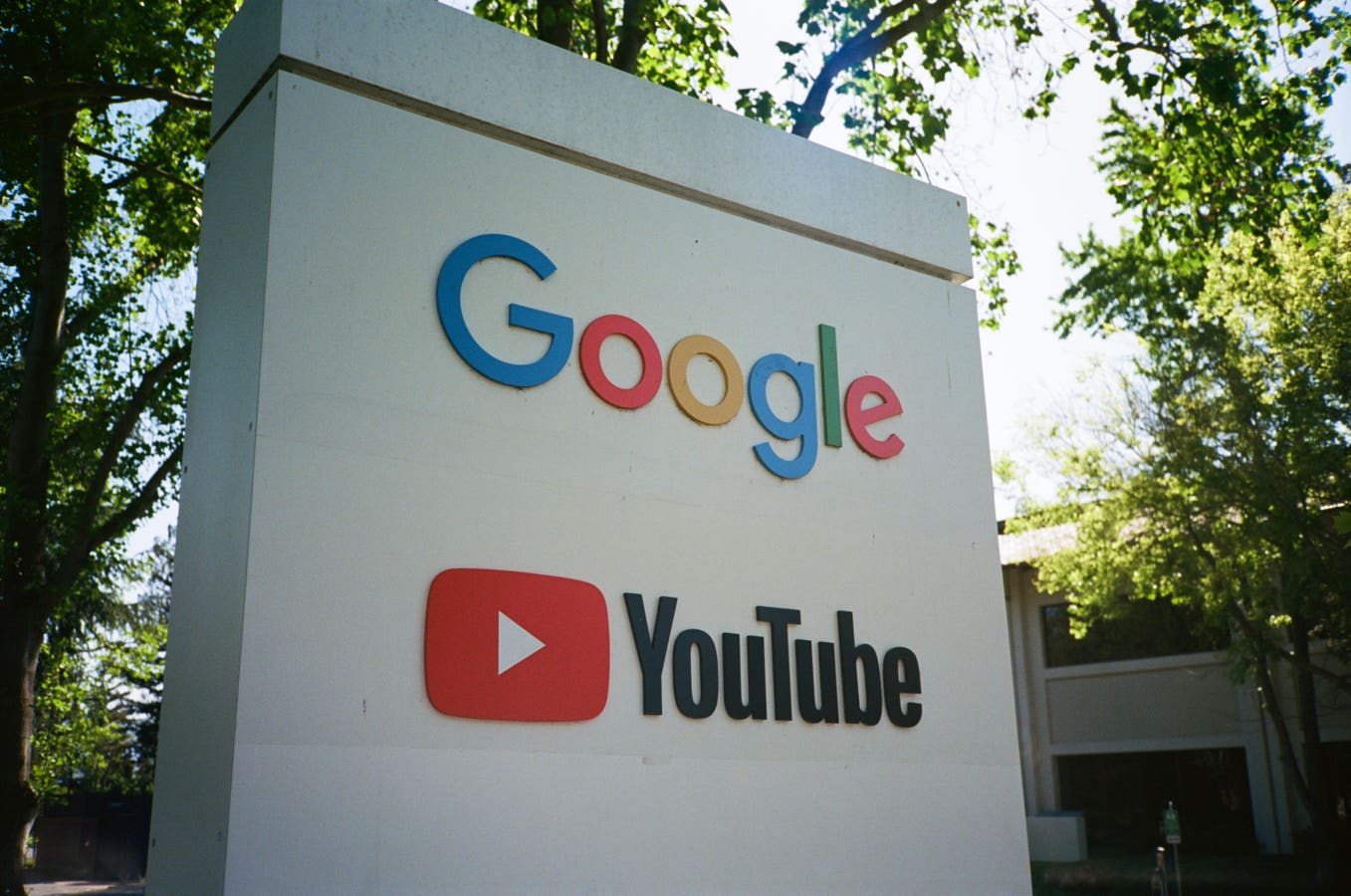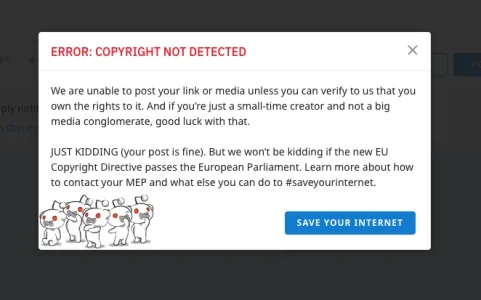Article 13 of the Proposal for a Directive of the European Parliament and of the Council on copyright in the Digital Single Market is proposed piece of EU legislation that's allegedly supposed to ensure better management of copyright in the digital era. The original EU Copyright Directive was
first passed in 2001, so there's definitely a need for it to be updated; the tech world moves fast, and the internet is a different beast than it was in the early 2000s. There's currently a perceived problem with regards to how copyrightable material is distributed. Say you have a website that allows for the hosting of possibly copyright infringing material. As it stands, if you upload something to that website and someone complains that their copyright is being infringed, the site's owners are supposed to take it down. If Article 13 passes, the order of that will change: in a post-Article 13 world, when a user uploads content, the service provider checks whether the content is not copyrighted and blocks it if it is. In short,
it would force service providers to incorporate copyright-checking software into their sites to ensure that no copyrighted material was ever hosted in the first place.
Sounds reasonable-ish, right? After all, we want to live in a world where people creating content are fairly paid for their services, and piracy can take a big chunk out of that. Surely this would help?
Well, the general thinking is that the juice may very well not be worth the squeeze on this one. For one, consider how the internet constantly remixes media. Say goodbye to
/r/PrequelMemes, for example -- hell, say goodbye to most memes. That picture of Ewan McGregor that you've lovingly slapped a caption on is copyrighted material. Parody videos or reaction videos that would currently fall under Fair Use? Good luck getting them past the automated filter. And what about other copyrighted things, like text? It's one thing to upload a novel to the internet... but what about a quote from your favourite book? What about a song lyric? Just how much are you able to post before the filter says no? (You may think this is an exaggeration, but there's actually a much more worrying Article in the bill: Article 11, which allows for a sort of 'link tax', allowing news organisations to claim a fee whenever an aggregator site
links to -- or includes a snippet of -- their work. They're already including legislation that puts a financial charge on quoting small sections of text. Let that one sink in.)
There's also the issue of just how effective this software is -- that is to say, far from perfect. It's going to let some stuff pass through that it shouldn't, and it's going to block stuff that should be allowed to pass. Because it's all automated, where's the recourse? In short: there isn't one, or there doesn't have to be. These companies can shrug their shoulders and there's not a lot you can do about that.
But there's more to it than just copyright overreach. Think about Net Neutrality, and how a big concern was that it would prevent startups from getting access to the web marketplace. This new law would do the exact same thing. For example, this new software isn't going to come cheap. Reddit and YouTube and Imgur and Google might be able to afford it... but what about the next big thing? The struggling startup that, say,
earns word-of-mouth advertising by putting stickers on lampposts? They're not going to be able to afford this new software, which means they won't legally be allowed to compete in the EU. That's bad for competition, which is bad for the consumer -- and for the marketplace as a whole.
Finally, there's the more insidious idea that comes from this -- that companies might use these new laws to stymie unpopular opinions or political views. Copyright law tends to be the thin end of the wedge. After all, if all of the data is being automatically scanned anyway, what's to stop a major market -- say, China -- implementing a policy that says that any content that references Tiananmen Square must be rejected, or the site can't be accessed from their country? What's to stop the same thing happening in the Middle East? If Twitter prevents tweets containing political dissent to please the governments of the Middle East, you've suddenly got no Arab Spring.
So in short, people aren't happy with it. In fact, six countries from the EU -- Belgium, the Czech Republic, Finland, Hungary, Ireland, and the Netherlands -- raised specific legal questions that included querying
if 'the standalone measure/obligation as currently proposed under Article 13 [would] be compatible with the Charter of Human Rights' and asking 'are the proposed measures justified and proportionate?'
As for why it's not being discussed... well, I'd say there are a couple of reasons. Firstly, it's EU-centric, and so it wouldn't
directly impact US citizens (although there would definitely be an indirect effect); it's hard to get the US to care about tech law at the best of times, let alone when it's not going to leave a turd on their personal doorstep. Secondly, it's one part of a much larger bill, so it's easy to get put off. Thirdly... well, it's a dense topic, and the issues aren't immediately obvious to people who aren't well-versed in the current situation. Copyright law is famously dense and convoluted, and understanding concepts like 'free use' isn't something that a lot of people run up against on a daily basis.
Article 13 (and Article 11, for that matter) do very little to fix problems that exist, and add a whole raft of new problems on top. The vote on this is on June 20th, so if you feel strongly about it -- and you should -- then it's vital that you put the word out. It won't
ruin the internet if it passes... but it will definitely be a much worse place.





